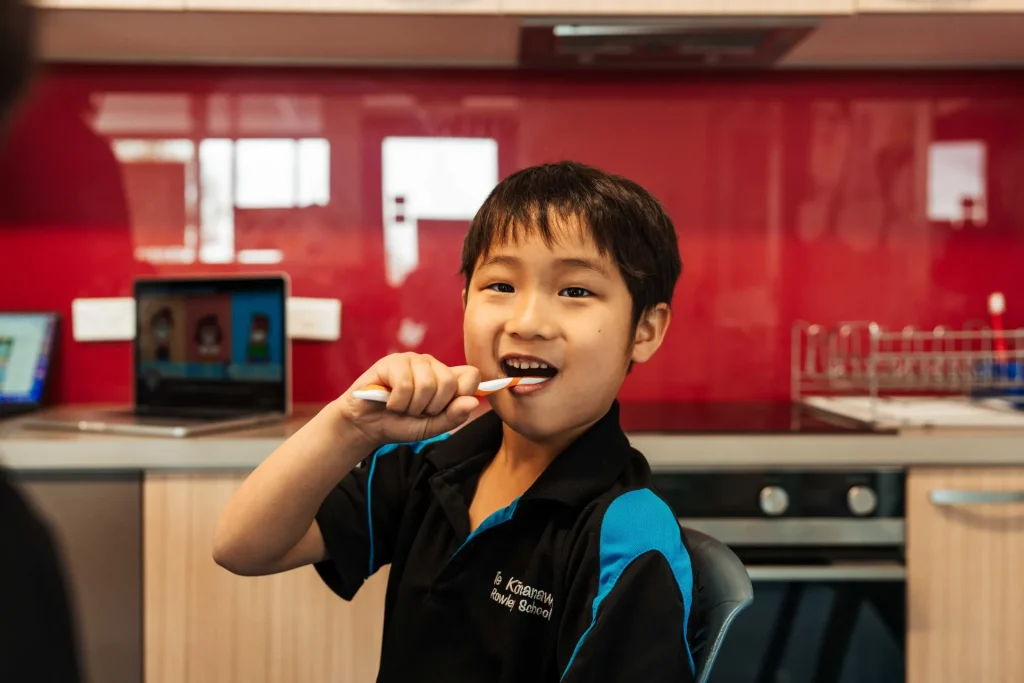Our stories
BYTE helps many community groups in need of oral health hygiene to prevent dental disease. A number of adults are at risk of dental disease and BYTE fills an important need to these groups.
We provide BYTE packs to groups such as Dress for Success, Cholmondeley House, Odyssey House, the Christchurch City Mission, the relief of pain clinic at Christchurch Public Hospital, and many social agencies.
We attend sessions with carers who look after clients who might have Alzheimer’s or mental health issues and cannot take care of their teeth. We have provided toothbrush and toothpaste packs to the Hep C screening via the Roger Wright Centre.
We know that brushing your teeth twice a day, for two minutes, then by spitting the toothpaste out, rather than rinsing, you leave the medicine (fluoride) on your teeth and this helps prevent this disease. You’d be surprised at what this simple routine can achieve. BYTE wants to provide the product to allow people to adopt this routine.
It is important to develop this routine in the younger groups as early as possible.
Rowley School
Starting Good Habits Young
The BYTE charitable trust launched a pilot programme to get new entrants brushing their teeth twice a day at Te Kōmanawa Rowley School in Christchurch’s Hoon Hay.
The programme was such a success that it will be continued and spread to other schools in need.
BYTE packs, consisting of a toothbrush and fluoride toothpaste, are now in the hands of the children who get together for a group brushing activity twice daily, after eating breakfast at school then again after a playtime snack.
Created by Christchurch dentist Steve Manning, BYTE stands for Brush Your Teeth Every day. The trust provides thousands of BYTE packs each year to the most vulnerable in our community and to those at high risk of dental decay.

If your school would like to take part in a BYTE programme,